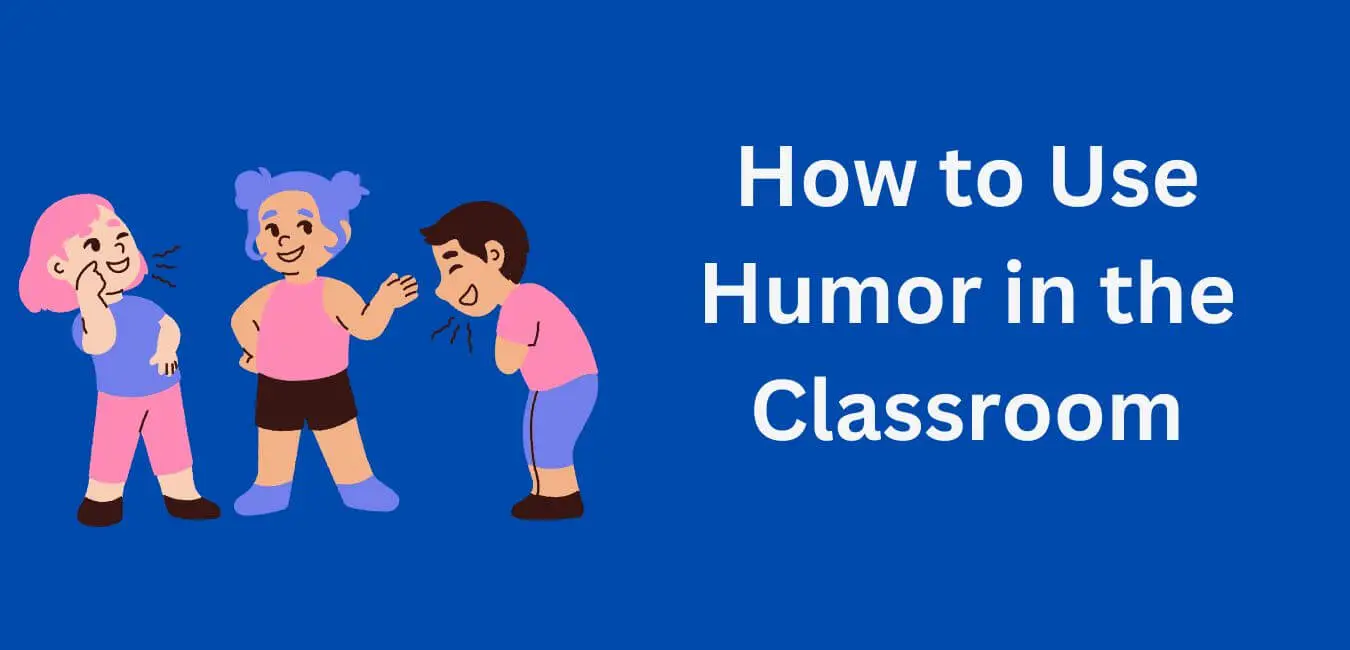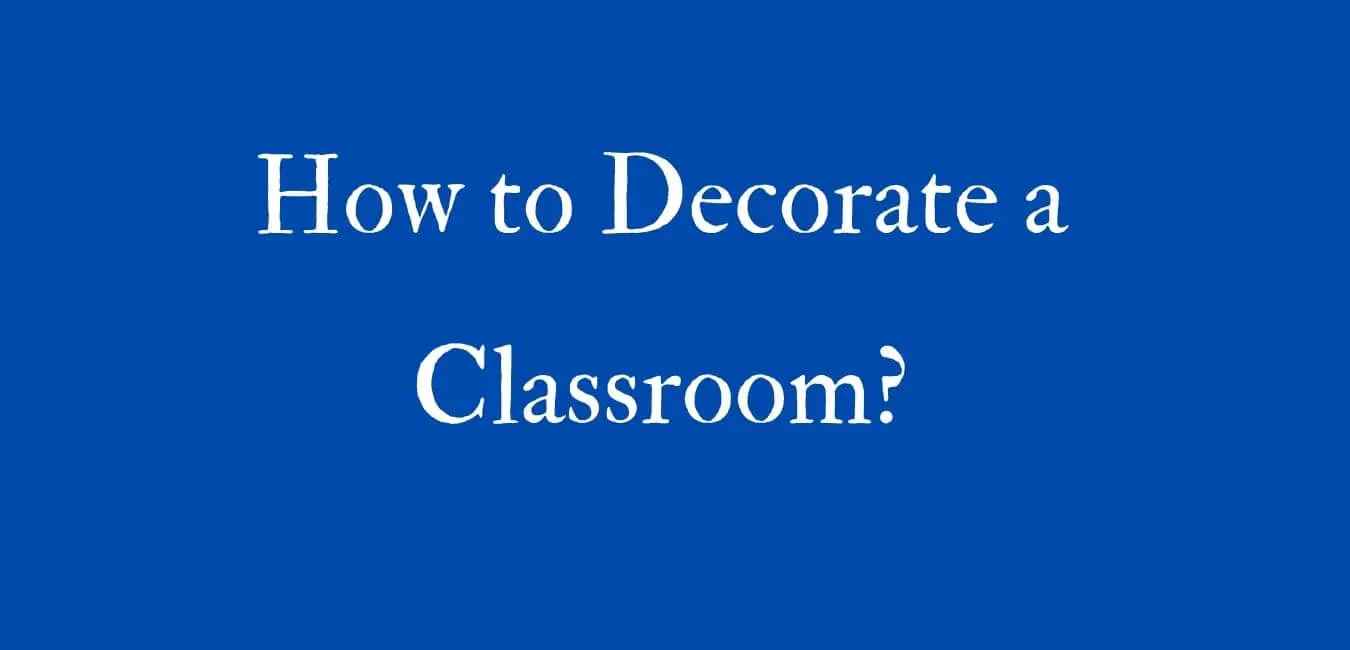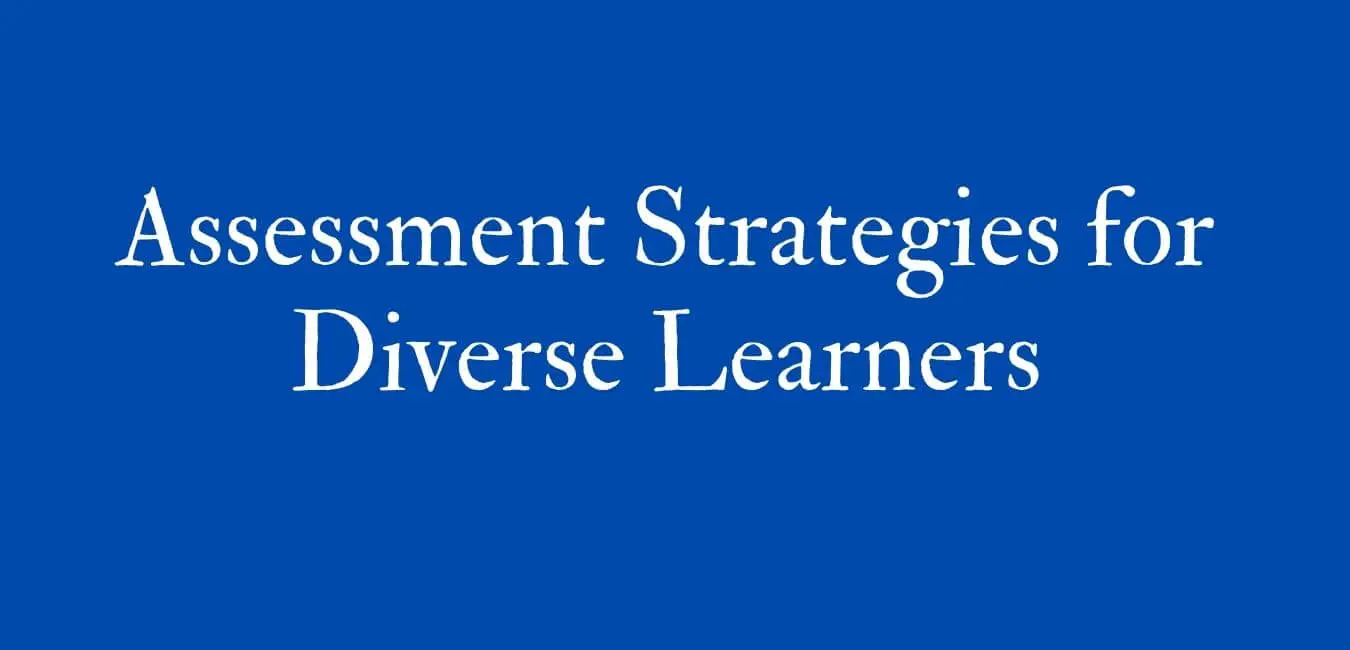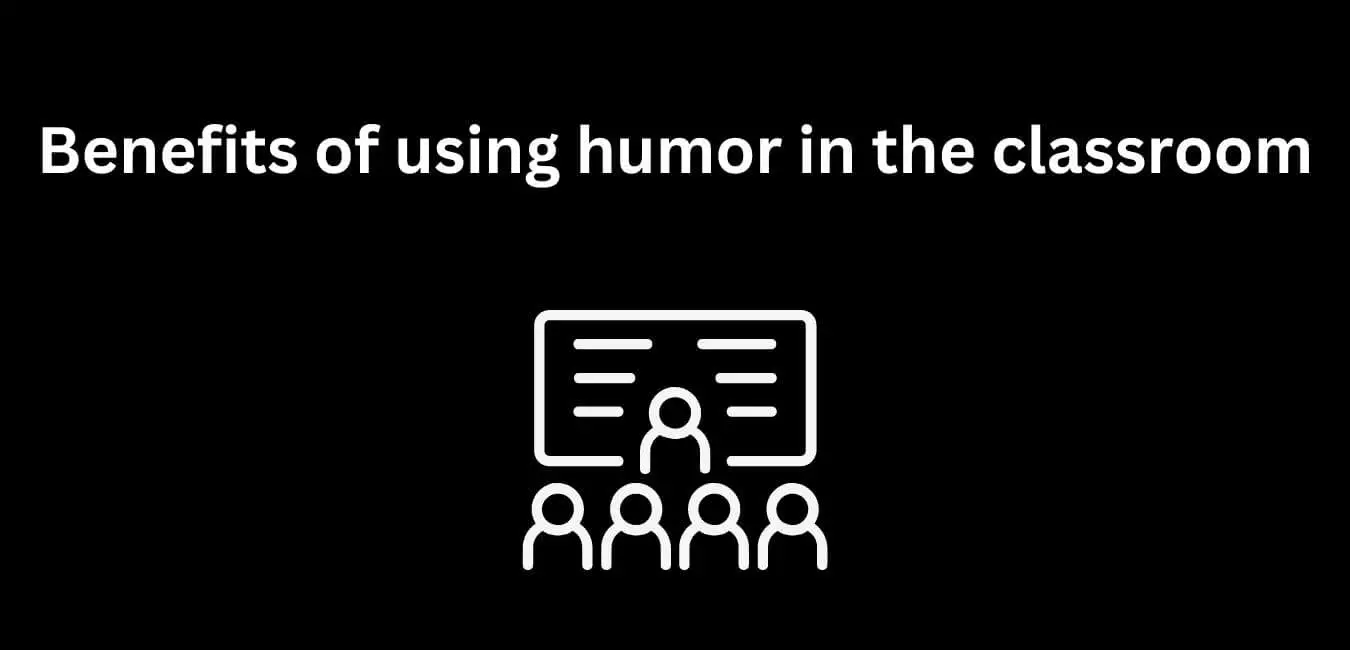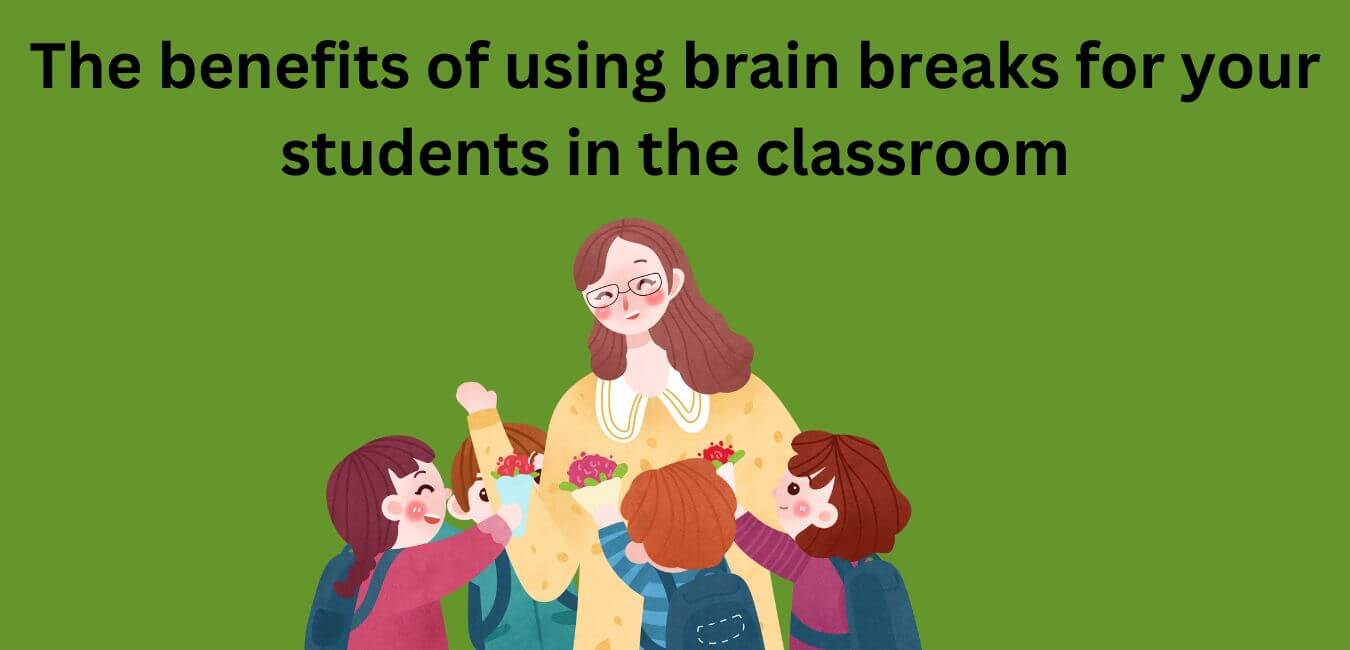Humor has long been known to be an effective tool for breaking the ice and building rapport with classmates.
However, many educators are hesitant to use humor in class for fear of appearing unprofessional or making themselves appear immature.
This fear is unfounded; using humor can actually make you more professional and better equipped to handle difficult situations.
In this article, I will identify the critical strategies to help you use humor effectively in your classroom.
Strategies to Help You Use Humor in the Classroom
Here are 21 tips on how to use humor effectively in the classroom:
Whether you’re a teacher who wants to use humor in the classroom or a student who wants to be funny, there are some things you should know. Here are 21 tips on how to use humor effectively in the classroom:
1. Make sure your jokes are appropriate.
This means they shouldn’t be offensive, racist, sexist, or otherwise inappropriate.
It’s important to make sure your jokes are appropriate. This means they shouldn’t be offensive, racist, sexist, or otherwise inappropriate.
It’s not always easy to tell what will offend someone, so it’s best to err on the side of caution. If you’re unsure whether a joke is appropriate, it’s probably best to avoid telling it.
2. Avoid using humor as a way to put others down or make them feel uncomfortable.
This includes making fun of students, using sarcasm, or telling mean-spirited jokes.
It’s important to avoid using humor as a way to put down others or make them feel uncomfortable. This includes making fun of students, using sarcasm, or telling mean-spirited jokes.
Doing so can create a hostile environment and make it difficult for everyone to learn and succeed. Instead, focus on using humor in a positive way that brings people together.
3. Use humor to defuse tense situations and lighten the mood.
If a student is having a bad day or there’s been a conflict in the classroom, a well-timed joke can help diffuse the situation and get everyone back on track.
One way to diffuse a tense situation is to use humor. This can lighten the mood and make it easier for everyone to relax and enjoy themselves.
Of course, you need to be careful with your choice of jokes, as not everyone will find the same things funny.
If you can make everyone laugh, though, it can help reduce the tension and make the situation more bearable.
4. Use humor to make a point.
There’s nothing wrong with using humor as a teaching tool. In fact, it can be an effective way to make a significant point or illustrate an important concept.
When used properly, humor can help students understand and remember information better than if they were simply presented with the facts. It can also add levity to a situation and help diffuse tension.
5. Keep it clean.
The best humor is clean. Unless you’re sure a joke will be received well, it’s best to avoid telling it.
It’s always best to keep your humor clean. Unless you’re absolutely positive that a joke will be received well, it’s better to avoid telling it. This way, you can avoid offending anyone and ruining the mood.
6. Be sensitive to others.
When using humor, make sure your comments are appropriate and considerate of others in the classroom.
Using humor in the classroom can be a great way to engage students and create a positive learning environment.
However, it is important to be sensitive to others when using humor. Make sure your comments are appropriate and considerate of others in the classroom.
This will help ensure that everyone enjoys the class and feels comfortable participating.
7. Use humor with caution. Don’t use humor to belittle or embarrass others.
It’s often said that laughter is the best medicine, but that doesn’t mean you should use humor as a weapon. Be mindful of how your words might be interpreted and be careful not to cross the line into hurtful territory.
A little laughter can go a long way toward making someone feel better, but too much can just make things worse.
8. Don’t use humor to insult anyone.
It’s never okay to use humor to insult someone. This just shows that you’re not confident enough in your own ability to communicate without resorting to mean-spiritedness.
It also reflects poorly on you as a person and makes it more difficult for others to take you seriously. If you can’t say something nice, don’t say anything at all.
9. Don’t try to be funny constantly.
Humor should be used sparingly and strategically to make a point, not for entertainment’s sake.
It’s important to remember that humor should be used sparingly and strategically, not for entertainment’s sake.
Constantly trying to be funny can actually be detrimental to your message. Instead, use humor judiciously to make a point or emphasize an important idea.
10. Be aware of your audience. Your humor may not be appropriate for all audiences.
It is important to be aware of your audience when using humor. Your jokes or funny stories may not be appropriate for everyone.
For example, if you are telling a joke to a group of children, it should be a clean joke that is appropriate for their age group.
If you are telling a joke to your boss, it should probably be something that is work-appropriate and not too risqué. Knowing your audience will help you choose the right type of humor for the situation.
Be aware of your audience when you are telling jokes. Some people may not appreciate your sense of humor. It is important to be respectful of other people’s beliefs and sensibilities.
11. Consider the situation.
If you’re in a group of students who are cheerful, your humor will probably be more effective than if you’re with a group of students who are sullen or serious.
The reason is that people tend to mirror the emotions of those around them. So if you’re surrounded by happy people, their good mood will rub off on you and make your jokes funnier.
But if you’re surrounded by grouchy people, their negative attitude will make you less funny.
12. Know when to stop. If the humor stops being funny, stop.
If the humor stops being funny, stop. It’s important to know when to stop joking around, and when to be serious.
If you’re not sure, err on the side of caution and seriousness. Nobody wants to be the person who doesn’t know when to quit.
13. If you’re not sure whether your comment or joke is appropriate, don’t say it.
It’s always better to err on the side of caution when it comes to making comments or jokes, as you never know how someone might react.
If you think there’s even a slight chance that your comment or joke could be offensive, it’s best to just avoid saying it altogether.
14. Don’t make fun of anyone’s physical appearance, ethnicity, race, or disability.
Making fun of someone’s physical appearance, ethnicity, race, or disability is never acceptable. It’s hurtful and can make people feel humiliated.
If you see someone being teased or made fun of, speak up and let the person know that it’s not okay. We all deserve to be treated with respect.
15. Avoid jokes about sex or gender.
Avoiding jokes about sex or gender can be difficult, as they are often deeply ingrained in our culture. However, it is important to be conscious of the impact these jokes can have.
They can reinforce negative stereotypes and contribute to an overall feeling of exclusion for certain groups of people. If you want to be an inclusive person, it’s best to steer clear of these types of jokes.
16. Don’t say anything that might be interpreted as sexual harassment or sexual assault.
This includes making any comments about someone’s appearance, body, or clothing that could be seen as sexual in nature.
It also means refraining from any physical contact that could be considered unwanted or unwelcome.
If you’re not sure whether something might be interpreted as sexual harassment or assault, it’s best to err on the side of caution and avoid saying or doing it altogether.
17. Don’t make jokes about religion or politics, especially if you’re not sure of the audience s political views.
Jokes about these topics can easily offend people, and it’s best to avoid offending anyone unnecessarily.
If you must make a joke about either religion or politics, be sure to gauge the audience’s reaction first to make sure it won’t be offensive.
18. Avoid jokes based on stereotypes.
Stereotypes can be hurtful and offensive, so it’s best to avoid jokes that are based on them. Not only could you offend someone, but you might also reinforce harmful stereotypes.
Instead, try to come up with original and creative jokes that will make everyone laugh.
19. Avoid riddles and double entendre that you would not want to explain.
It is often said that laughter is the best medicine. And while this may be true, there are some types of humor that are better left avoided.
This includes anything that might be considered a riddle or double entendre. Not only can these be difficult to explain, but they can also be seen as insensitive or even offensive.
If you want to make sure that your humor is well-received, stick to material that everyone can enjoy.
20. Don’t make fun of other teachers or other authority figures in your school.
It’s never a good idea to make fun of your colleagues or other authority figures in your school. Not only is it unprofessional, but it can also create a hostile environment for everyone involved.
If you have a problem with a particular teacher or administrator, it’s best to talk to them directly to try and resolve the issue.
21. Be aware of your own personality when using humor in your classroom
Not everyone is comfortable with using humor in the classroom. When using humor in your classroom, be aware of your own personality.
Some people are naturally funny and others are not. If you are not naturally funny, don’t try to force it. Just be yourself and let your personality shine through. Choose what works best for you.
Conclusion
In conclusion, the use of humor in the classroom can be a very effective tool. It can help to engage students, create a more positive learning environment, and promote student learning. However, it is important to use humor in a way that is appropriate for the age and maturity level of your students. When used appropriately, humor can be a powerful tool for teaching and learning.

